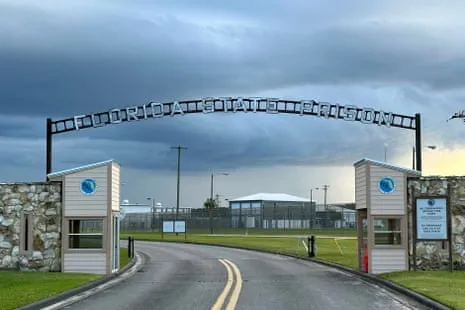Harry Kane Scores Twice as Bayern Munich Overpower the Blues in European Return





 News
News
 By William Park
17 Sep 2025
By William Park
17 Sep 2025
 News
News
 By William Park
17 Sep 2025
By William Park
17 Sep 2025
 News
News
 By William Park
17 Sep 2025
By William Park
17 Sep 2025
 News
News
 By William Park
17 Sep 2025
By William Park
17 Sep 2025
 News
News
 News
News
 News
News
 News
News
 News
News
 By William Park
17 Sep 2025
By William Park
17 Sep 2025
 News
News
 By William Park
17 Sep 2025
By William Park
17 Sep 2025
 News
News
 By William Park
17 Sep 2025
By William Park
17 Sep 2025
 News
News
 News
News
 News
News
 News
News
 News
News

 William Park
William Park

 William Park
William Park

 William Park
William Park


 William Park
William Park
